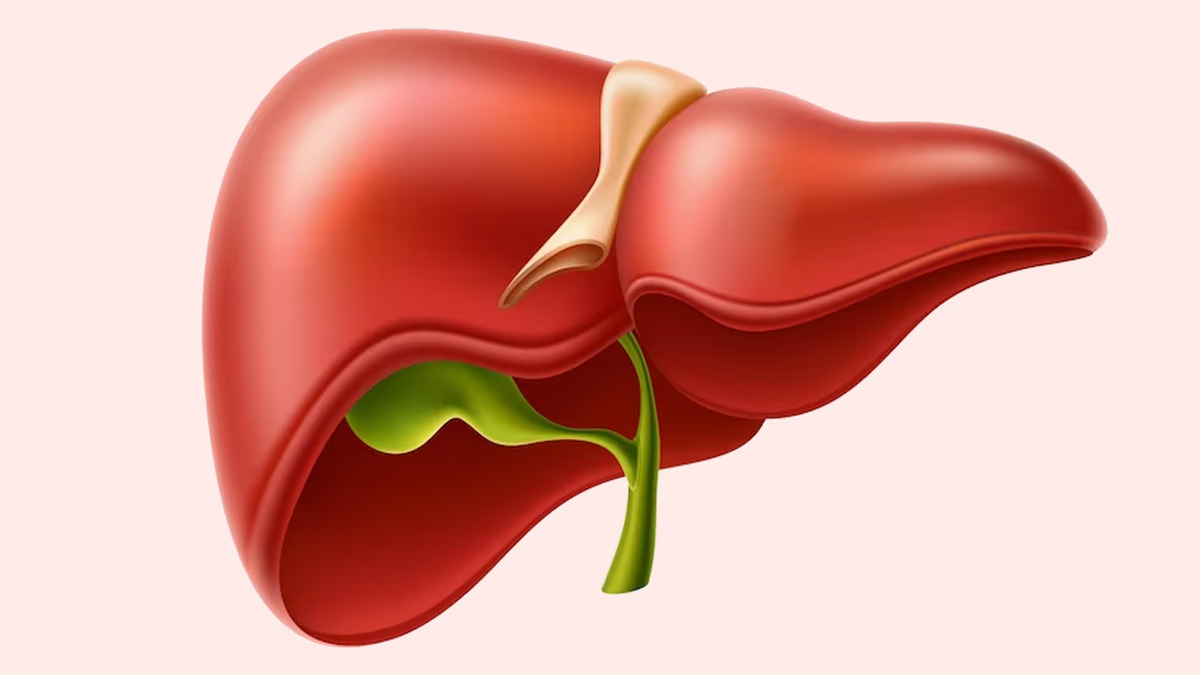
Did you know that some fat is necessary for insulation and energy storage, but excessive accumulation of visceral fat can have negative effects on your overall health? Visceral fat is known termed as intra-abdominal fat, is the type of fat that surrounds your organs in the abdominal cavity. Let’s try to understand how visceral fat can damage your health. It is important for taking proactive steps to reduce its presence and mitigate associated health risks.
Table of Content:-
Also read: Cutting Out All Saturated Fat May Be Impossible: Here's How Much You Can Consume In A Day
1. Increased Risk of Chronic Diseases
Cardiovascular Disease
“Visceral fat produces inflammatory substances and releases fatty acids into the bloodstream, promoting inflammation and increasing the risk of heart disease, including hypertension, atherosclerosis, and heart attacks,” said Dr Sanjay Chaudhary, MBBS, MD, VMMC, New Delhi.

Type 2 Diabetes
According to Dr Chaudhary, visceral fat is metabolically active and secretes hormones and cytokines that interfere with insulin signalling, leading to insulin resistance and an elevated risk of developing type 2 diabetes.
Metabolic Syndrome
“Excess visceral fat is a key component of metabolic syndrome, a cluster of conditions that includes high blood pressure, elevated blood sugar levels, abnormal cholesterol levels, and increased waist circumference, significantly increasing the risk of heart disease, stroke, and diabetes,” Dr Chaudhary added.
2. Altered Hormone Regulation
Insulin Resistance
Visceral fat secretes hormones that interfere with insulin's ability to regulate blood sugar levels effectively, leading to insulin resistance and an increased risk of type 2 diabetes.
Leptin and Ghrelin Imbalance
Visceral fat disrupts the balance of appetite-regulating hormones leptin and ghrelin, contributing to increased hunger, overeating, and weight gain.
3. Impaired Organ Function
Liver Dysfunction
Excess visceral fat is associated with fatty liver disease, a condition characterised by the accumulation of fat in the liver, which can lead to inflammation, scarring (cirrhosis), and liver failure.

Kidney Disease
Visceral fat has been linked to impaired kidney function and an increased risk of developing chronic kidney disease, possibly due to the release of inflammatory substances that damage renal tissues.
4. Increased Inflammation and Oxidative Stress
Chronic Inflammation
Visceral fat produces inflammatory cytokines and substances that promote chronic low-grade inflammation throughout the body, contributing to the development and progression of various chronic diseases.
Oxidative Stress
Visceral fat accumulation leads to increased production of reactive oxygen species (ROS) and oxidative stress, which can damage cells, proteins, and DNA, and contribute to the development of chronic diseases.
5. Adverse Effects on Mental Health
Depression and Anxiety
According to Frontiers of Neuroscience, Studies have shown a correlation between excess visceral fat and an increased risk of depression and anxiety, possibly due to the inflammatory and hormonal changes associated with visceral fat accumulation.
Taking Proactive Steps to Reduce Visceral Fat
Healthy Diet
Focus on a balanced diet rich in whole foods, fruits, vegetables, lean proteins, and healthy fats, while limiting processed foods, sugary beverages, and trans fats.
Regular Exercise
Engage in regular physical activity, including aerobic exercises, strength training, and high-intensity interval training (HIIT), to help burn calories, reduce visceral fat, and improve overall health.
Also read: 8 High Protein Foods for Accelerated Belly Fat Reduction
Stress Management
Practice stress-reducing techniques such as mindfulness meditation, deep breathing exercises, yoga, and relaxation techniques to lower cortisol levels and mitigate the effects of stress on visceral fat accumulation.
Adequate Sleep
Prioritise quality sleep and aim for 7-9 hours of uninterrupted sleep per night to regulate appetite hormones, reduce cravings, and support overall health and well-being.
Limit Alcohol Intake
Excessive alcohol consumption can contribute to visceral fat accumulation and liver dysfunction. Limit alcohol intake to moderate levels or avoid it altogether to reduce health risks.
Medical Intervention
In some cases, medical intervention such as medications or bariatric surgery may be necessary for individuals with severe obesity or obesity-related health complications. Consult with a doctor to explore treatment options and develop a personalised plan for managing visceral fat and improving overall health.
By understanding the harmful effects of visceral fat on health and adopting healthy lifestyle habits, individuals can take proactive steps to reduce visceral fat accumulation, lower their risk of chronic diseases, and improve their overall quality of life.
Also watch this video
How we keep this article up to date:
We work with experts and keep a close eye on the latest in health and wellness. Whenever there is a new research or helpful information, we update our articles with accurate and useful advice.
Current Version